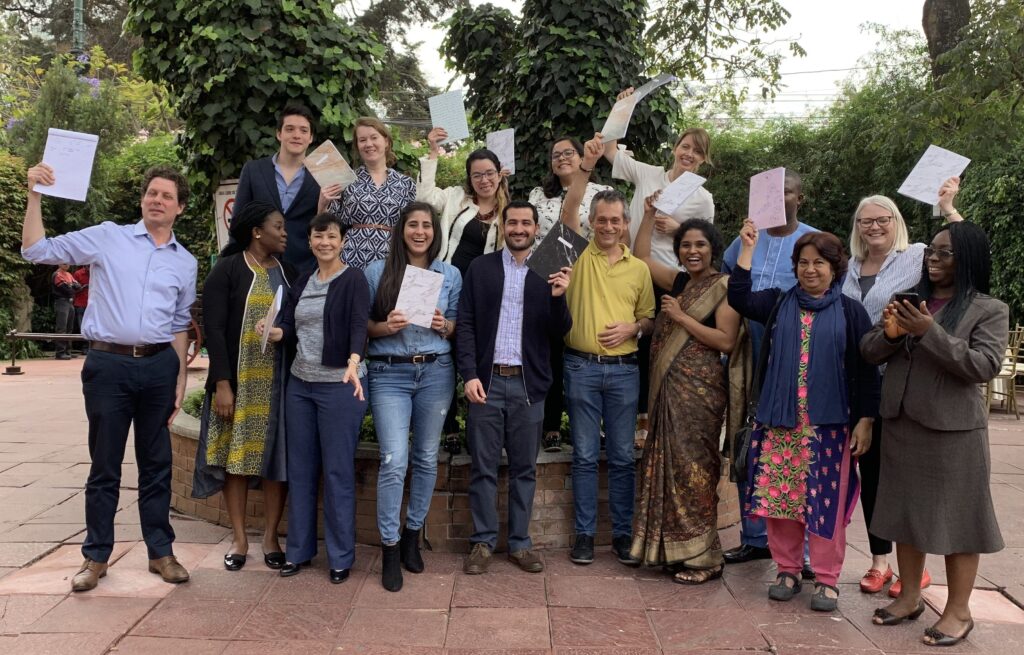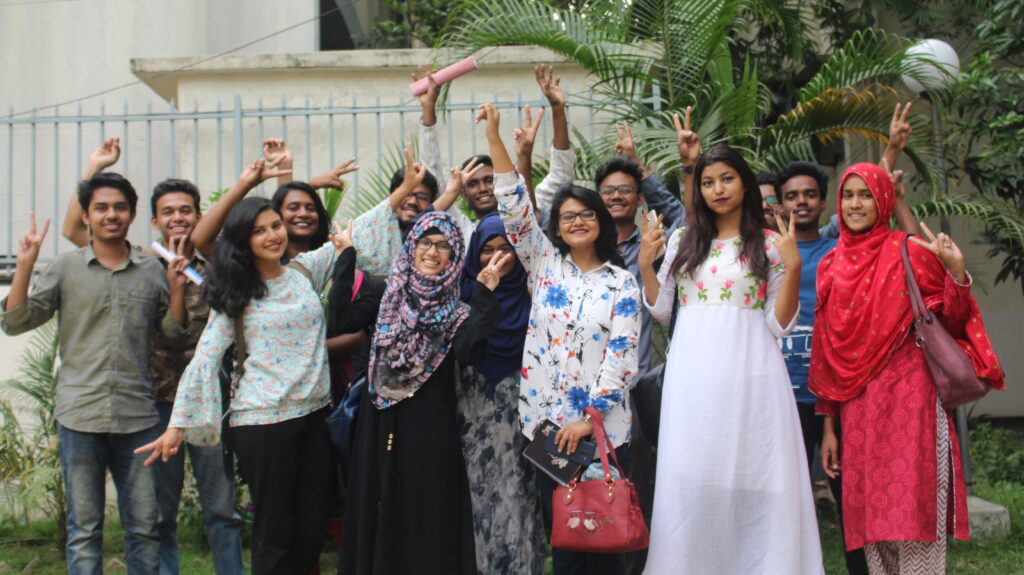gender, equity and inclusion: the C&A foundation journey
Alarm bells are ringing this week as the High-level Political Forum (HLPF) reconvenes to assess progress towards Sustainable Development Goal (SDG) 4, one of six 2030 Agenda goals under review. One thing is clear, addressing school related GBV requires collaboration across sectors through strategic partnerships.
taking action to end gender-based violence in schools
Alarm bells are ringing this week as the High-level Political Forum (HLPF) reconvenes to assess progress towards Sustainable Development Goal (SDG) 4, one of six 2030 Agenda goals under review. One thing is clear, addressing school related GBV requires collaboration across sectors through strategic partnerships.
G@W-CREA Podcast Series, Episode 5: How can we reboot cross-movement alliance building for greater collective voice and impact?
At a time when conservative, fundamentalist and fascist forces appear to achieving political dominance, the need for progressive movements to build strong alliances and collective resistance appears paramount – yet, few such alliances are visible and sustaining cross-movement solidarity is very hard work. This episode explores why this is the case, what are the fault lines, and some success stories of cross-movement alliances and the lessons we can learn from them.
Walking the talk: Think tanks and gender – What did we learn?

Shortly after launching this blog series, Gender at Work participated in Women Deliver 2019 Conference held in Vancouver and attended by over 8,000 policy makers, researchers and activists from around the world. Several sessions, including three co-hosted by IDRC, explored the theme of gender and research. We were intrigued by how many of the ideas discussed at Women Deliver had been discussed in the TTI Gender Action Learning Project (GALP) and in the writeshop.
G@W-CREA Podcast Series, Episode 4: Reimagining Consent, Pleasure and Danger: Why and how do we need to reimagine ideas around consent, pleasure and danger?
This episode examines why we need to reimagine prevailing ideas around consent, pleasure and danger as embedded in our laws, social norms, and feminist movement politics. The discussion explores why pleasure needs to be moved from the margins of feminist agendas to be viewed as integral to dismantling patriarchy
Incorporating Gender into Academic Research Life

I always wondered how the University of Ghana could deepen its commitment to gender equality without ambitiously incorporating the concept into all aspects of academic research life. In 2011, three years after joining the University of Ghana faculty, I rejoiced to see the University formally committing itself to gender by launching its first sexual harassment policy.
Why am I still getting “the look”?

As Director of Research and Statistics at FUSADES, I have been working (and thinking) on women´s economic empowerment for some time now. At FUSADES, we have been working (and thinking) on how to incorporate a gender focus on research in order to be more effective in our policy recommendations; we wrote about this a while back in 2017.
G@W-CREA Podcast Series, Episode 3: How can we rethink language and terminology to shape new strategies, narratives and our advocacy?
Language is often the medium through which exclusion, stigma and invisibilisation of certain groups, experiences and identities is normalised and justified. This podcast discusses whether and why language and terminology matter, how new words and frames can be created in diverse cultural contexts to claim power, presence and voice, and analyses the hijacking of progressive feminist language by conservative political movements.
G@W-CREA Podcast Series, Episode 2: How are artists, activists, and movements on the margins rethinking exclusion and inclusion in more intersectional ways?
Social power and injustice are often expressed and experienced through inclusion and exclusion. This episode explores what constitutes inclusion or exclusion, who are the most excluded groups and identities, and how diverse constituencies are connecting to challenge their marginalisation.
Despite progress, Bangladeshi young women still lag far behind

Bangladeshi women have come a long way in terms of economic and social empowerment. Yet beneath these encouraging statistics, we find some unexpected anomalies that call for serious attention.
Let us start with some positive statistics. Starting from a very low base in the early 80s, today girls are at par with boys in completing education up to higher secondary level. Before the days of producing ready-made garments (RMG), women’s participation in the formal economy was minimal and their back-breaking work in the informal economy was invisible. Capitalizing on the abundant female labour force, Bangladesh has become the second largest RMG exporter. Women’s labour force participation more than doubled in the last couple of decades.
